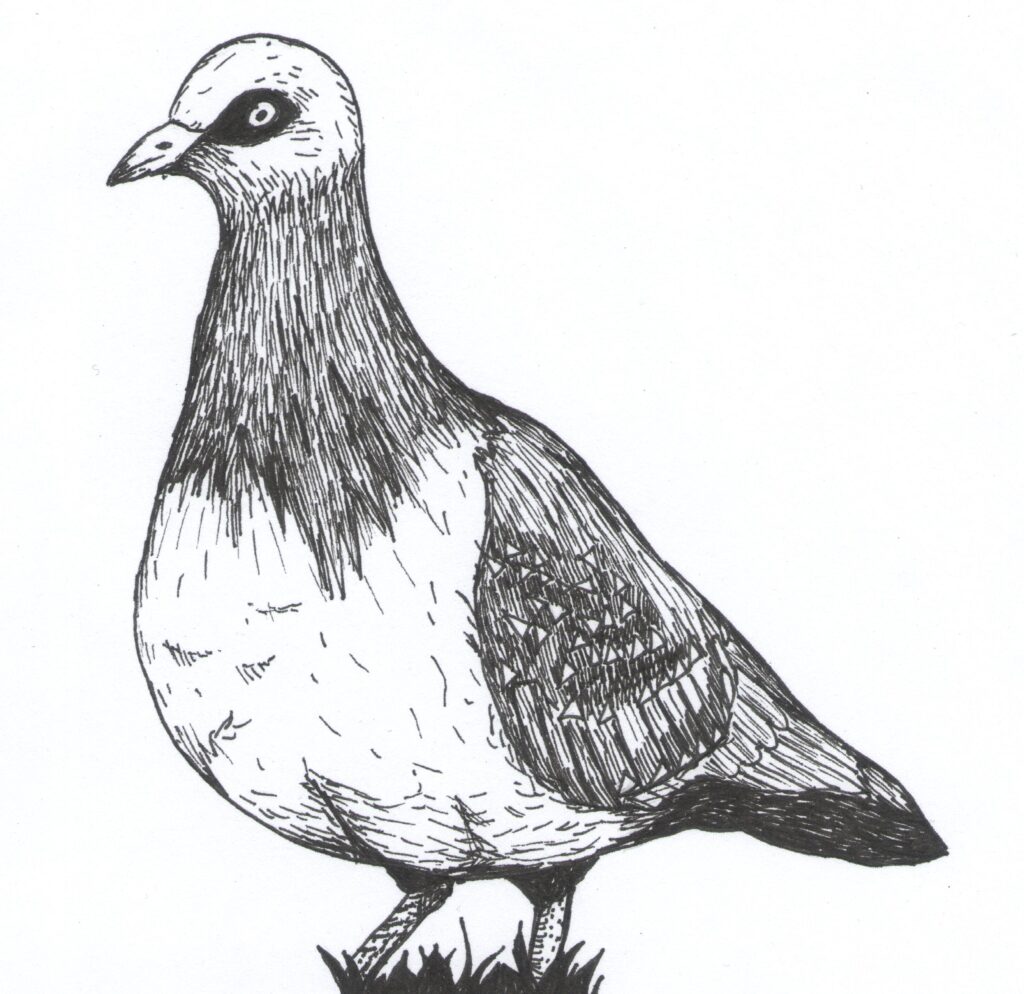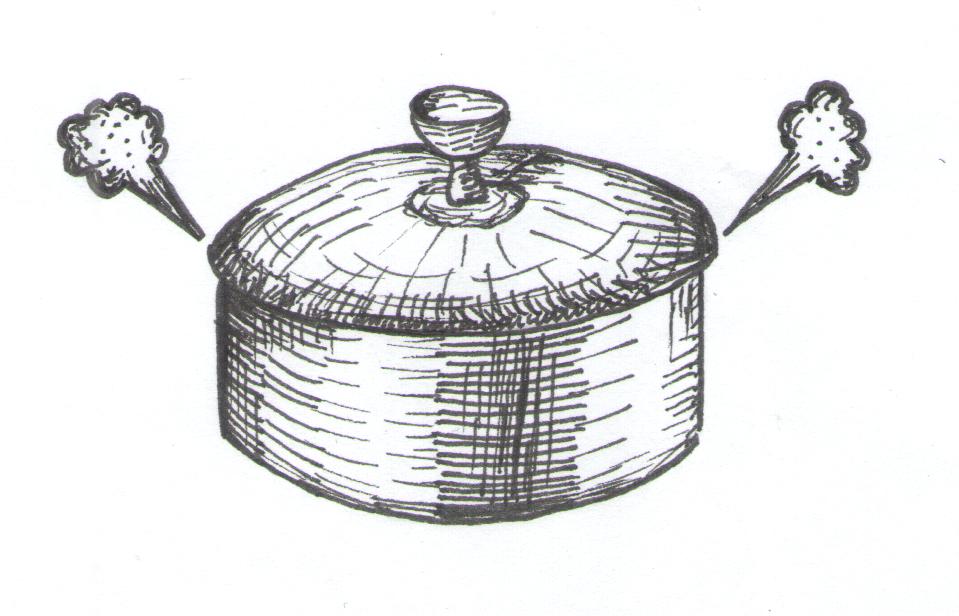
It’s always tempting to have a final destination mentality around things. This is the mental framework that says, “When I’m done with school I will be done with all my learning.” Or, “When I finally get that promotion, things will be better.” Or, “When I retire, my life will begin.”
Strangely enough, we don’t view physical fitness through this ‘final destination’ lens. We never say to ourselves, “I will exercise for two hours every day for the next month and then never exercise again.” Or, “After I’ve finished my first marathon, I’ve made it.” Anyone can recognise that this is silly. We don’t think that we can accomplish all of our fitness goals in one month and then be done with it for the rest of our life. Most of us, when it comes to fitness, know that we will have to exercise for the rest of our life to maintain and build our physical capacity.
Why do we not recognise that this is also true for cognitive acuity and emotional health?
Continue reading “The Lens Through Which To View Emotional Work”




